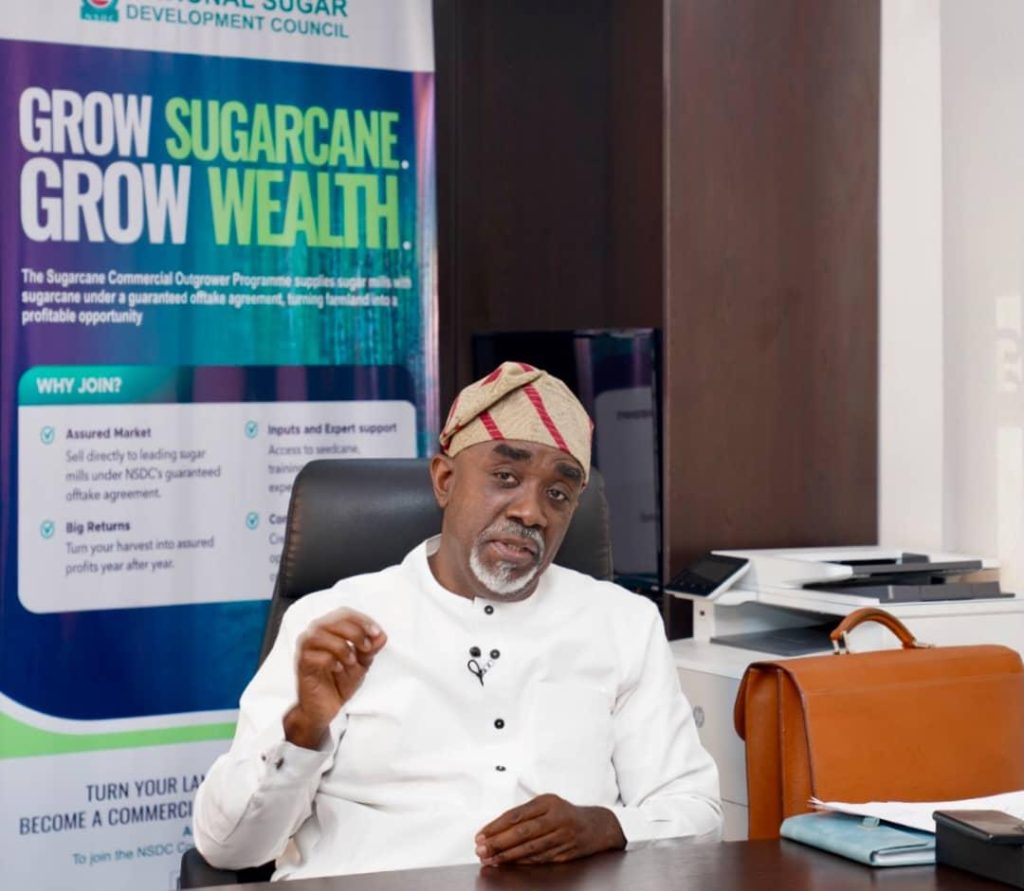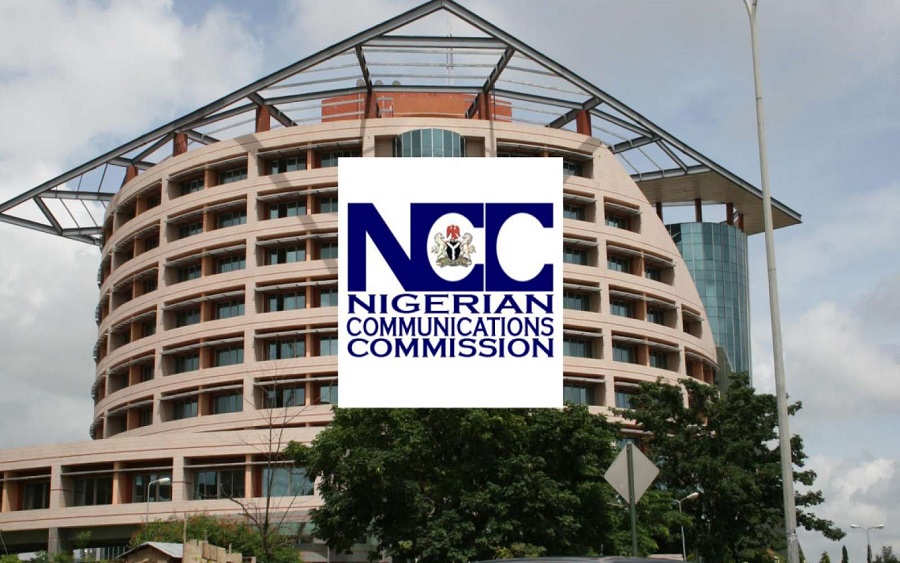The Central Bank of Nigeria (CBN) has explained why it increased the Monetary Policy Rate, known as the interest rate, to 18.5% from 18%.
In a communique from the 291st Monetary Policy Committee meeting posted on the CBN’s website on Wednesday, the bank’s governor, Godwin Emefiele, stated that the country’s interest rates would have been higher if not for the intervention of the CBN by raising interest rates.
Emefiele noted that Nigeria’s inflation rate in April 2023 was 22.22%, but this would have been 30.48% if the Monetary Policy Committee had not raised interest rates.
The bank’s decision to raise interest rates since May 2022 has positively moderated the country’s rising inflation rate.
“The results revealed that following each monetary policy rate hike, the rise in inflation moderated relative to what it could have been if the MPC had not aggressively raised rates at all,” he said.
Emefiele added that empirical evidence showed that if the Monetary Policy Committee had not taken any action to raise policy rates, inflation in April 2023 would have risen to 30.48% instead of 22.22%.
The CBN’s Monetary Policy Committee had in a meeting raised the interest rate to 18.5%. The bank also retained the Asymmetric Corridor of +100/-700 basis points around the MPR, retained the CRR at 32.5%, and retained the Liquidity Ratio at 30%.



